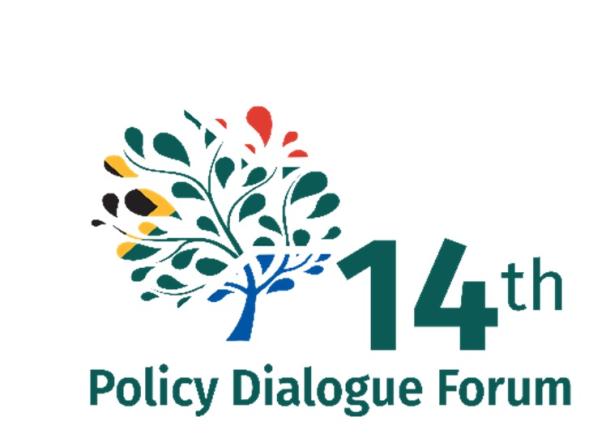Resources Shared at the 14th Policy Dialogue Forum of the Teacher Task Force: Global Teacher Report and High-Level Panel on the Teaching Profession
Quentin Wodon
February 29, 2024
Quentin Wodon is Director of the UNESCO International Institute for Capacity Building in Africa.

Every two years, the International Task Force on Teachers for Education 2030 (TTF) hosted by UNESCO organizes a Policy Dialogue Forum (PDF) as a platform for advocacy, knowledge sharing, and peer learning on matters related to teachers and target 4.c of SDG 4. The 14th edition of the PDF was held this week in Johannesburg with over 300 participants under the theme “Addressing global teacher shortages: Dignifying, diversifying and valorizing the profession.” The PDF was co-hosted by the Ministry of Basic Education of the Republic of South Africa. Several new resources were shared at the event.
First, the TTF and UNESCO launched the first Global Report on Teachers with a focus on teacher shortages and transforming the profession. Headlines on the report tend to focus on the estimate of 44 million teachers needed to reach SDG4, including 15 million new teachers for sub-Saharan Africa. To interpret these numbers, it is important to understand the assumptions used to compute them. In particular, the estimates are based on all countries reaching full enrollment in primary and secondary education by 2030. For sub-Saharan Africa, this means increasing enrollment in secondary education from 45% in 2022 to 100% by 2030. For perspective, gross enrollment at the secondary level increased from 43% to 45% in the past eight years, i.e., from 2014 to 2022. Net enrollment increased a bit more in the latest years of available data, but estimates are (by definition) lower than for gross enrollment.
Now, even if most countries do not reach the SDG targets, there is no doubt that they will need to implement policies aimed at retaining existing teachers while simultaneously recruiting and training many new teachers both to replace those who retire or leave the profession, and to staff an expansion of education systems. The report conducts a wide-ranging and very useful review of factors leading to teacher shortages – and the twin issue of many teachers not being sufficiently qualified, which is as pressing an issue as shortages for Africa. Efforts are needed to make the teaching profession more attractive. Depending on the country, this may require a range of policy changes. As argued in the report and in recent IICBA Studies (see for example West Africa), teaching must be a profession with clear career stages and well defined professional standards and competencies for each career stage. Working conditions – and in some countries salaries and recognition including rewarding exemplary teachers- must also be improved.
Another report launched at the Policy Dialogue Forum was the recommendations from the UN Secretary General High-Level Panel on the Teaching Profession led by the International Labor Organization. The Panel was established after the 2022 Transforming Education Summit to set out a clear plan of action on supporting the teaching profession. The recommendations are broadly aligned with the messages of the Global Teacher Report. Notably, they also call for increasing public funding for education to at least 6 percent of GDP and 20 percent of national budgets.
The PDF was held for three days with a wide range of plenaries and breakout sessions. Presentations were made by government officials, representatives of civil society organizations, and international organizations. IICBA was invited to speak at one plenary and one breakout session, which was an opportunity to share findings from the first Africa Teachers Report on the role of teachers and girls’ education in improving education for girls and ending child marriage. The report was released a few weeks ago at two events organized by the Belgian Presidency of the Council of the European Union. As mentioned in a previous blog, the report argues for investments in improving foundational learning to educate girls and end child marriage, noting that lack of learning is a key factor leading girls (and boys) to drop out of school. This in turn requires investments in teachers and school leaders’ professional development. There is also a need in most low-income countries to increase the share of female teachers and school leaders.
The 14th PDF held in Johannesburg over the last few days was a highly successful event to advocate for investments in teachers and share knowledge among participants at a global scale and among African nations. We now need to put the recommendations shared at the PDF into action, especially within the context of 2024 as the African Union Year of Education. Teachers are the key to improve educational outcomes.

